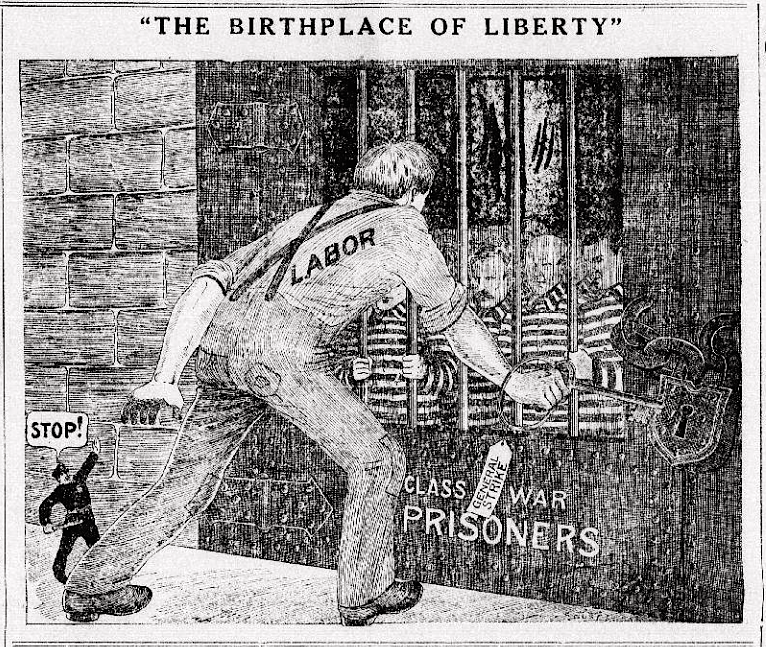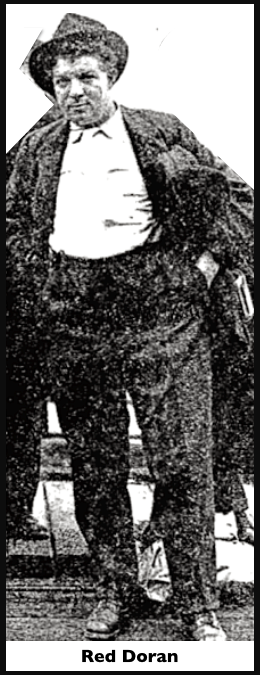 —————
—————
Hellraisers Journal – Thursday May 15, 1913
New York, New York – Detachment of Paterson Children Arrive in City
From the Paterson Evening News of May 13, 1913:
WILL CARE FOR MORE CHILDREN
———-
“New Yorkers are anxious to take care of your children until the strike is over, and help you win your battle,” said Miss Elizabeth Gurley Flynn in a recent address at Helvetia hall. This seems to be true if the following dispatch from New York is to be believed:
New York, May 13 [Tuesday].-Seven or eight hundred men and women pushed and shoved and almost came to blows on Saturday [May 10] for the possession of sixty-five frightened little boys and girls. They were the third detachment of children of the striking Paterson silk weavers sent here to be farmed out to board among strike sympathizer, and the men and women who almost mobbed them were fighting for one of them to care for.
Industrial Workers of the World followers, their friends and few curious people began to gather early yesterday afternoon at the Labor Temple. They came because the Paterson strike committee had sent out 250 postcards asking volunteers to board and lodge 150 children, who would be allotted to their temporary guardians at five o’clock. Twice before in the last ten days this appeal had been sent out, and already 175 children have found homes in New York. A special committee, of which F. Sumner Boyd is chairman, and Mrs. Anna M. Sloan director, has had charge of the distribution.
When children arrived by auto truck from Paterson at 5.30 o’clock there were only sixty-five of them. They ranged in age from four to fourteen years, and when Miss Jessie Ashley and Miss Ethel Byrne, Paterson nurse, the others who had brought here had seated them in rows at Labor Temple hall and announced that only sixty-five, instead of 150, would be assigned, trouble began…
[Mr. Boyd declared:]
We shall probably bring 100 or more over the middle of the week, and we already have more than twice as many applications for the children as we have children to be cared for. We will bring them all, though.
Like the 175 children that have already been brought here, those who came yesterday were all found on examination by physicians in Paterson to be below normal from malnutrition.
[Photographs and emphasis added.]

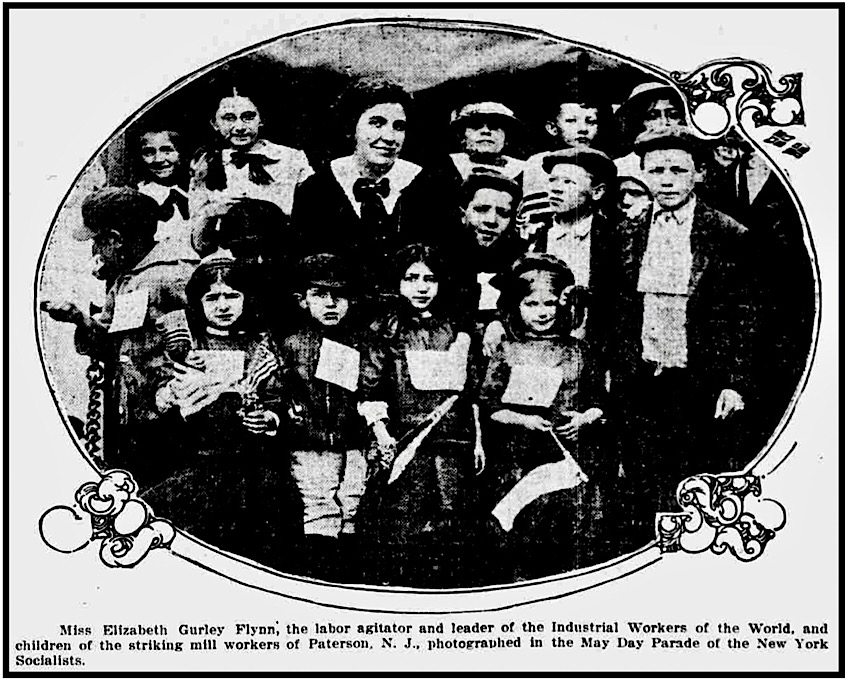
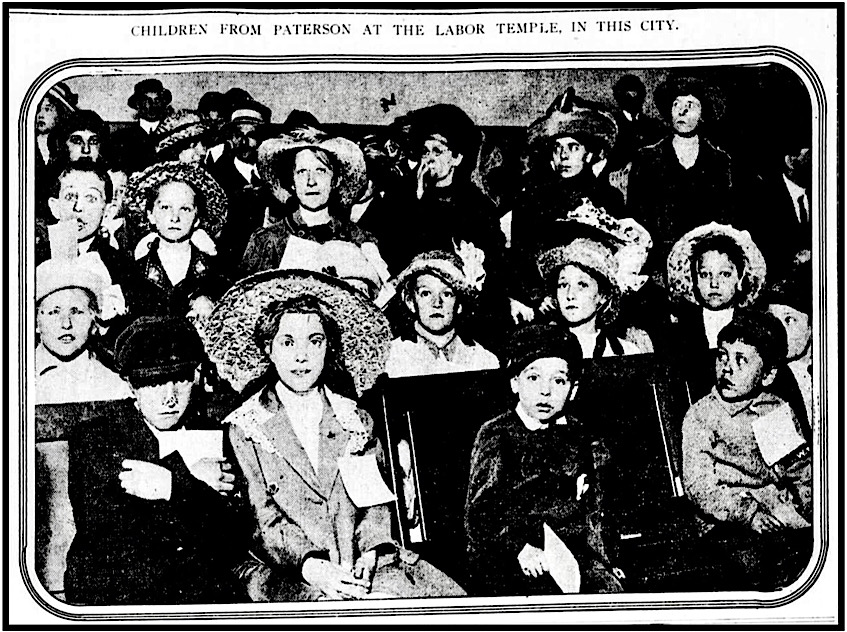
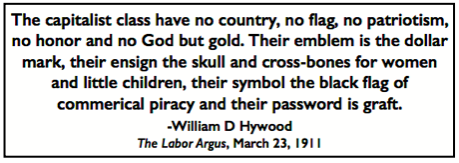 —————
—————
 —————
—————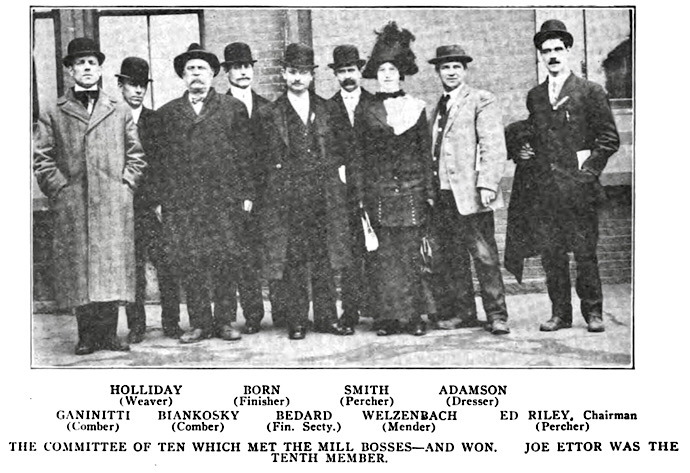
 ———-
———-